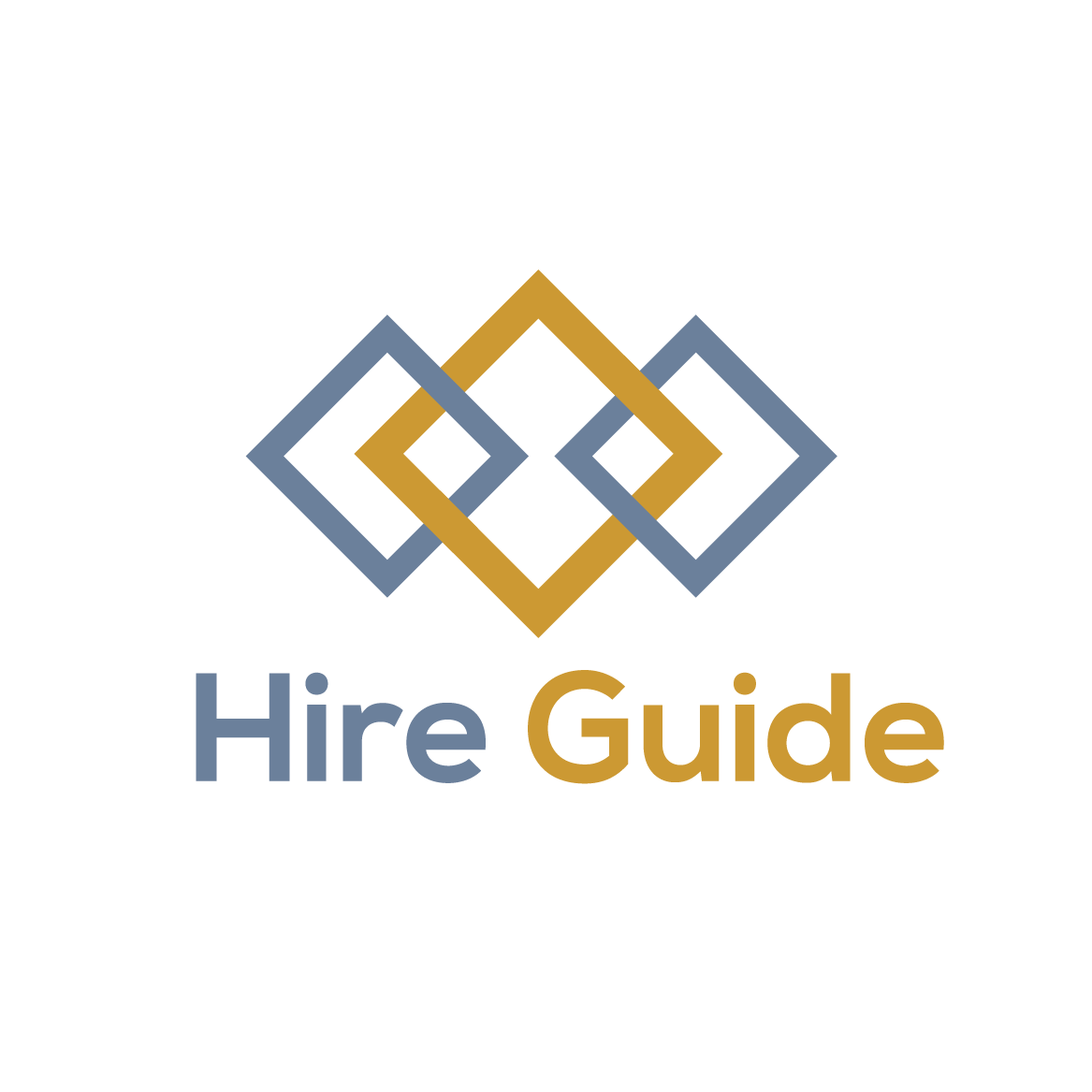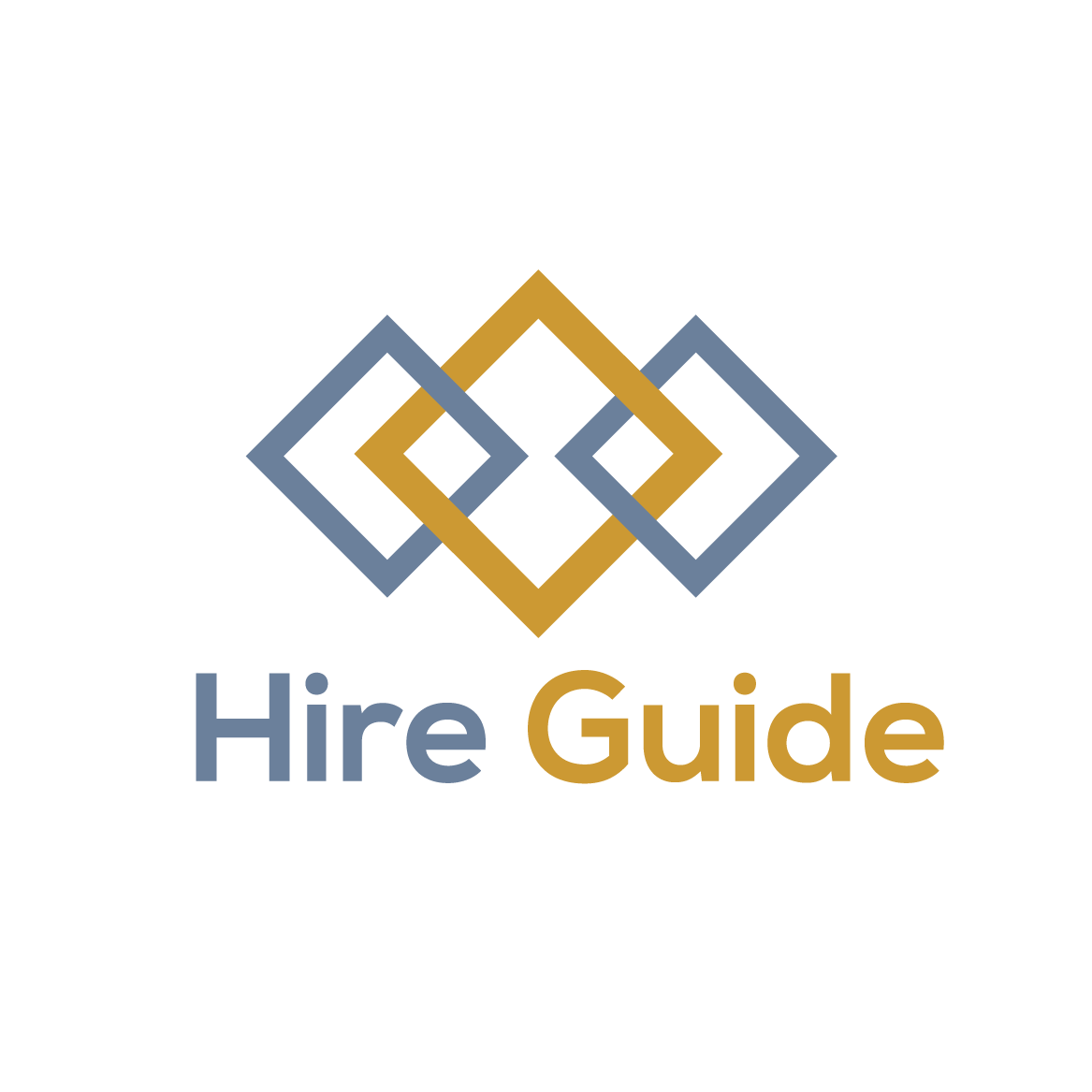Throughout my career it’s always been surprising how many people are intimidated by the interview process. This is understandable for candidates but I’m referring to the interviewer. Very regularly, I find sharp accomplished professionals who have decided that they are not able to interview effectively for some reason or another. These are impressive people who have overcome one obstacle after another in their careers, yet they don’t believe that they have the personality or skills or temperament to be a great interviewer.
No magic involved to be a great interviewer
The truth of the matter is that there is no magic to recruiting and anyone can be a great interviewer with a little planning and practice. Like everything in life success in hiring depends more on having a positive mindset than anything else. As Henry Ford succinctly said, ‘Whether you believe you can do a thing or not, you are right.’
Take charge
Like few other places in life and business you are in charge when you are hiring. This means that you set the tone, the schedule and the pace of the entire process.
Don’t get caught up worrying about the ‘right’ way to interview. Any process that involves human beings is messy. You will make some mistakes and it’s okay if the process is a little messy. The ‘right’ way to interview is the way that results in you making a solid hire.
Rather than being concerned with yourself, your attention and focus needs to be on the candidates. This is your chance to evaluate them. To be a great interviewer means know how to find someone who is qualified but, more importantly, fits with you and your personality and culture. If you have a casual style, wear jeans and ask the candidate what they like to do for fun. If you are a direct person, avoid a lot of fluffy conversation and get to your point(s). Be genuine, be in charge and pay attention; the candidates will respond to it.
It may feel like it, but the spotlight is not on you. There are few or no situations where human beings feel more self-conscious than when being interviewed. It’s for good reason, they are openly being evaluated and there is a lot at stake. When a person is self-conscious, he or she is not as observant as usual. Whatever it is that you are critical of in yourself, the candidate probably doesn’t even notice because they are so concerned with what you think of them.
Start with some casual conversation
Spend the first 5-10 minutes on small talk. Let the energy settle and start gauging the tone and communication style of your candidate.
Now you are on a fact-finding mission. Focus on the candidate’s ability to perform the functions you’ve identified in your job description and not on the skills that make a good impression.
A firm handshake and an outgoing style are great, but, unless they are the top skills required to do the job at-hand, they are not what you are assessing. With this in mind your attention should be on identifying technical skills, aptitude, ability, ability to work with a team, etc.
Dig deep into the most relevant job(s)
To be a great interviewer, it’s always better to go narrow and deep with the information than shallow and wide. This means that you will gain much more insight if you dig into specific details of the most relevant job(s) on the candidate’s resume than if you were to try to learn a little bit about every job listed.
Before the interview, prepare 2 or 3 questions that represent each of the core functions of the job or most important attributes / experience required to be successful. If the job requires someone who can manage complex project timelines, you could ask:
What is the most complex schedule you have created? or
Tell me about a time you were tasked with an unreasonable timeline.
Are you taking notes?
Listen intently and take notes. I like to write directly on the candidate’s resume because I can put the note where it is most relevant.
Details, details, details
Follow up each of your pre-prepared questions with a lot of clarifying questions. Get specific details so that you fully understand the who, what, why, when and how behind the candidate’s responses.
‘Who set the unreasonable timeline?’ ‘Who did you report to?”
“What was the best thing you did to manage the situation”. “What resources were available to you?”
“Why did your boss assign the aggressive timeline?” “Why did you find it unreasonable?”
“When did you first recognize that there was a problem?” “When did you notify you superior?”
“Did you resolve the matter?” “How would you do it differently today”
By the time you ask 2 or 3 questions for each of the top requirements of the job and then follow them with a barrage of detailed who/what/when/why/how questions, you’ve just completed a very thorough interview!
It’s good measure to finish by letting the candidate know the next step to the process and offer to answer any questions that they have.
Do you have more questions about interviewing? You can always send me a message about anything career-related.





